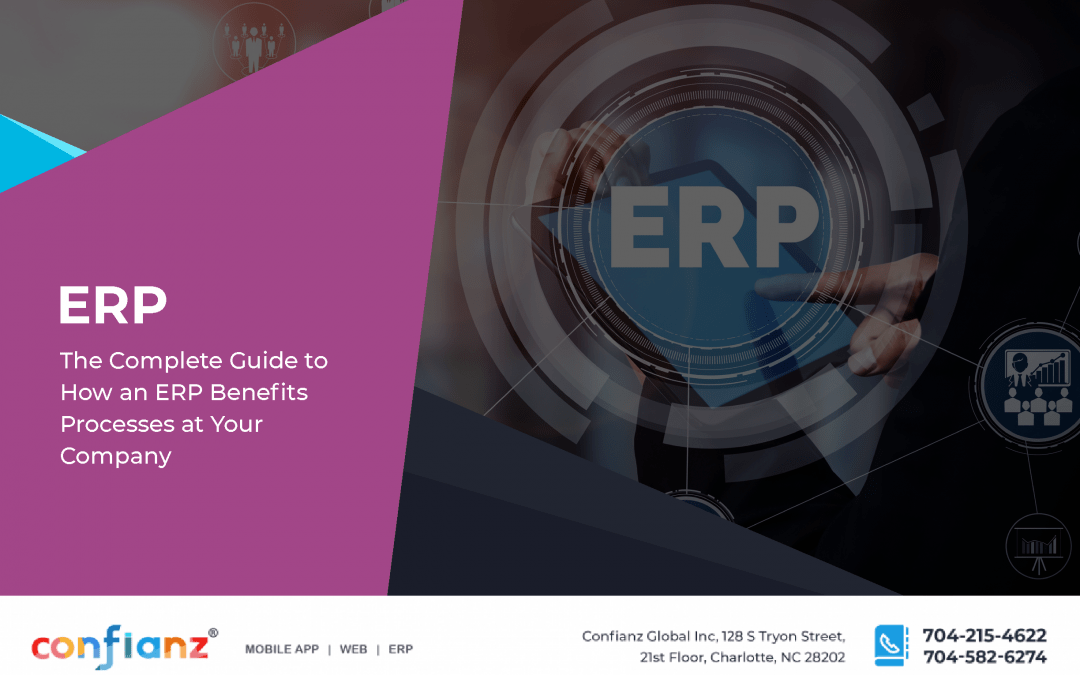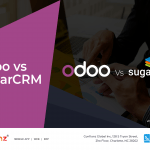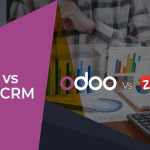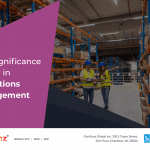You probably have already heard about ERPs if you’re a business owner. But what you might not be so clear on is how they can specifically help your business.
ERPs can be used in fields as diverse as retail, transportation, healthcare, and many others. They’re a catch-all solution to organizational problems that can be tailored to fit your specific needs. The introduction of an ERP system can make processes at your company more straightforward and more efficient.
The following article will give you a comprehensive overview of ERP systems and their benefits for businesses. We’ll also explore the different types of ERP systems that exist and show you how to select the right one for your company.
What is an ERP, and Why is it Important for Businesses?
Before we get into how ERPs can benefit specific processes in your business, let’s get the basics established.
ERP stands for Enterprise Resource Planning. It is the process of managing all of the resources required for a company to operate, including people, products, and finances. It is a management system that organizations use to integrate all aspects of their business to make decisions more effectively.
An ERP solution offers an integrated suite of business-critical applications that work together to automate most of your business operations. They can help with inventory management, budgeting, forecasting, reporting, customer relations management, vendor relations management—and much more.
While companies use different software products for these purposes (ex: Microsoft Office 365), the ERP system integrates all of these functions and makes them work seamlessly.
There are many benefits to using an ERP. One of the most important is that it provides a centralized database for all business operations, allowing employees to access the same data from any device. This also means that information can be shared more easily between departments, which leads to better decision-making and fewer errors along the way.
Businesses are increasingly relying on ERP systems to operate efficiently. They can use these systems to streamline their business processes, improve collaboration between departments, and increase efficiency.
ERPs can be used by any type of company, no matter the size or industry. Single-person start-ups use them as well as some of the biggest companies in the world.
So, What Can an ERP Do for Me?
ERPs have basic blanket functionalities that can be helpful for businesses regardless of what sector you’re in. Things like accounting functions and productivity functions.
But that’s just the tip of the iceberg regarding the functionality an ERP can provide.
Beyond the fundamental promises of an ERP (increased efficiency and better automation), let’s look at the more specific benefits an ERP can offer.
For Manufacturing
ERPs provide many essential services for manufacturing companies. Overall, they help you price things accurately and keep up with your inventory.
Your ERP can help organize the bill of material for your products. If you subcontract, your ERP can help you supply and track your supplier, so you can accurately price your product.
One of the most valuable benefits an ERP brings to manufacturing is waste reduction. With Material Resource Planning and Capacity Planning, you can optimize your efficiency in utilizing materials and your workstations.
For Services
With an ERP, you’ll be able to provide the service that your customers expect. Make personalized customer profiles that can manage everything from exchange rates to credit limits and loyalty programs!
Beyond that, you can also set up subscription plans and connect those to customer profiles. Struggle with managing your campaigns? That’s no longer a problem with campaign managers that allow you to deal with your threads separately.
In addition, if you offer warranties with your services, your ERP can record claims and track whether a specific item is still under warranty.
For Non-Profits
If you run a non-profit, you already know how many balls you have to keep in the air. Like for-profit companies, you can track your members but adjust for your NGO needs. You can classify your members with your own classification system.
You can also keep track of your volunteers. So now you’ll have all their recorded availability on hand as well as whatever they can contribute. Finally, if you apply for grants, an ERP can track their status and record all the information about them. Use this information when it’s time to re-apply to streamline the process.
For Healthcare
Healthcare is no joke, and there are quite literally lives on the line. That means you can’t afford to lose files or misplace information.
With an ERP, you can track a patient’s history. See with a click of a button every one of their past appointments. You can even automate a lot of the added information, like vitals.
It also allows you to keep up with all the healthcare practitioners. This will enable them to see their holidays, pay, and anything else in real-time. You can also keep track of all their availability.
For Agriculture
Farming is known for being labor-intensive. It also requires a tremendous amount of planning, data, and organization. Fortunately, that’s where an ERP can help out.
If you’re in agriculture, you can keep track of your crops and plan all the major tasks on a timeline. Then, put them on a map to get an aerial visual of all your fields. Then, use the data to make critical choices and maximize your yield.
Conclusion: The Importance of Implementing a Good ERP System in Your Company
Whether you’re in one of the industries we explored above or not, there’s likely software made with your needs in mind. With an ERP, you won’t have to waste time trying to scramble to remember a million different processes anymore. An ERP will streamline and provide peace of mind for you and your business.
Interested in what an ERP could bring to your business? Our experts at Confianz are here to help you find the solution that best fits your needs.
Looking For Odoo Partners?
Confianz Global Inc. is a leading Odoo ERP Development Company in USA. Get in touch with us for Odoo ERP Customization & Implementation.
